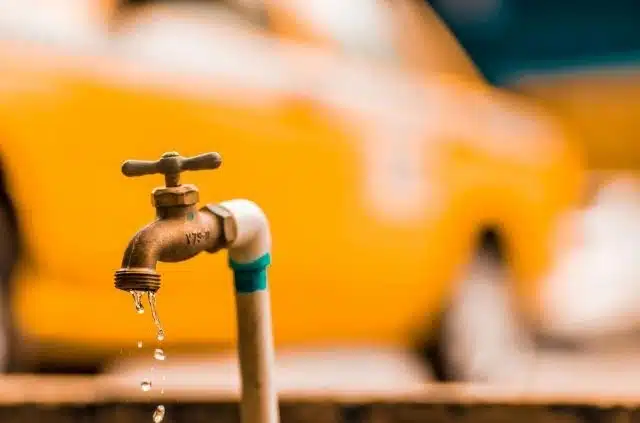Managing water at home is not just about turning the tap on and off—it’s about protecting your house, saving money, and using water wisely. Small issues like dripping faucets, hidden leaks, or an old water heater can quietly waste gallons of water and increase your bills. Over time, poor water management can even damage your home’s foundation. By learning a few simple tips and paying attention to how water is used, you can make your home more efficient, avoid costly repairs, and play your part in protecting the environment.
Home Water Management
Managing your home’s water supply efficiently is crucial for maintaining not only comfort but also the structural integrity of your home. Water-related issues, such as leaks or inefficient heaters, can lead to significant waste and higher costs. Proper education on these matters can help homeowners make informed decisions, ultimately leading to cost savings and environmental benefits.
Water touches many aspects of a household, from routine activities to essential structural concerns. Ignoring small issues related to water usage and leakage can escalate into major problems, damaging both your property and the environment. Understanding how water is used and managed in your home is the first step toward long-term sustainability.
This article will delve into critical areas concerning household water management: from leaks and water heaters to foundational impacts. It is designed to provide you with practical information and actionable insights. By understanding these key factors, you can take proactive steps in protecting your home’s value and integrity. The journey begins with recognizing the importance of avoiding water wastage and preserving this essential resource.
Understanding the Impact of Leaks
Leaks in residential properties represent a significant yet often overlooked issue. According to the Environmental Protection Agency (EPA), household water leaks account for nearly 1 trillion gallons of wasted water each year in the United States. This staggering statistic highlights the need for homeowners to take leaks seriously. Even a small, seemingly innocuous leak can lead to substantial water loss over time.
Detecting leaks early is crucial for maintaining the efficiency of your home’s water systems. Leaks can occur in various places, including toilets, faucets, and showers, often going unnoticed until they manifest as a spike in your water bill. Regular inspections and maintenance can save homeowners from costly repairs and wasted resources.
By addressing leaks promptly, not only do you conserve water but you also contribute to reducing the overall demand for water supply systems. This collective effort can have a positive environmental impact, preserving water resources for future generations. Investing time and energy into fixing leaks can have a substantial return by improving home efficiency and lowering utility costs.
The Role and Efficiency of Water Heaters
Water heaters play a crucial role in providing homes with hot water for various needs, from cooking to bathing. According to the Department of Energy, a typical storage water heater can hold anywhere between 20 to 80 gallons of hot water. Understanding the capacity and energy consumption of your water heater is essential for optimizing its efficiency.
An outdated or inefficient water heater can significantly increase your energy bills. Upgrading to a newer, more energy-efficient model may involve an initial investment, but it can lead to considerable savings over time. In addition to financial savings, efficient heaters also reduce your home’s carbon footprint, contributing to a more sustainable environment.
Maintaining a Solid Foundation
The foundation of your home is literally the base upon which everything else is built, making its stability a top priority for homeowners. According to Credence Research, the foundation repair services market is projected to near $3.5 million by 2032, indicating a growing awareness and need for professional repair services. Water management plays an instrumental role in preserving your foundation’s integrity.
Poor drainage and persistent leaks can weaken the foundation over time, leading to severe structural problems. Water pooling around the base of your home or seeping into the foundation can cause cracks, shifting, and other costly issues. Implementing proper drainage systems and conducting regular inspections can help identify and address potential concerns before they become significant problems.
Investing in a solid foundation repair and maintenance plan not only safeguards your home but also preserves its market value. Proactive measures can prevent costly repairs down the line and contribute to a sturdy home environment. Understanding the connection between water management and foundation health is key to long-term property protection and appreciation.
Protecting your home involves comprehensive water management, addressing potential leakage, heating inefficiencies, and foundation stability. Each of these elements plays a critical role in ensuring that your home remains a safe, efficient, and comfortable environment. The key is regular maintenance, timely interventions, and informed decision-making.



